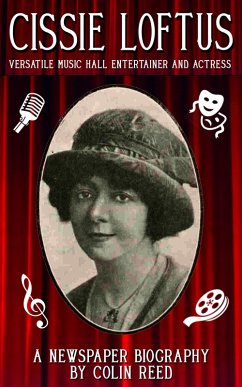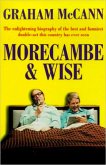The Music Hall itself is a history of attitudes and collective expression written, in effect, by the audiences and reflected by the performers on the stage, each giving the other what they wanted. Within the attitudes of the day in the western world, Cissie's life, along with her fellow performers took in the confusion and unfairness of race and sexuality, the effects of a colonial heritage in the self-consciousness of national identity, a suffragette sympathy with its celebrated march through London, a compassion shown to poverty and distress during a devastating world war and her own struggle with identity and illness. After a celebrated drugs bust in 1922 from which she emerged triumphantly from her addiction, she settled into a less hectic career and a quieter role which included the celluloid of Hollywood as it evolved from the stage, Music Hall and vaudeville.
Dieser Download kann aus rechtlichen Gründen nur mit Rechnungsadresse in A, B, CY, CZ, D, DK, EW, E, FIN, F, GR, H, IRL, I, LT, L, LR, M, NL, PL, P, R, S, SLO, SK ausgeliefert werden.









